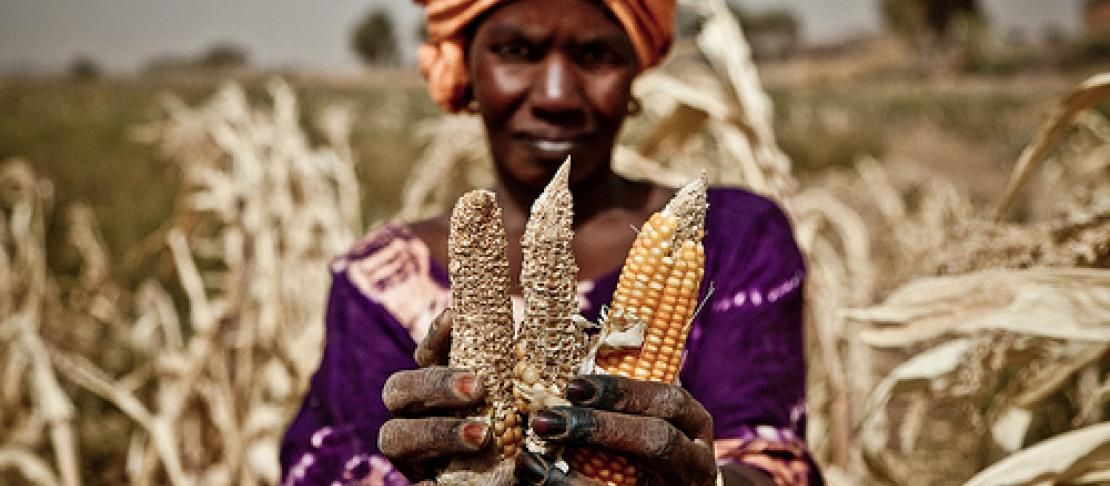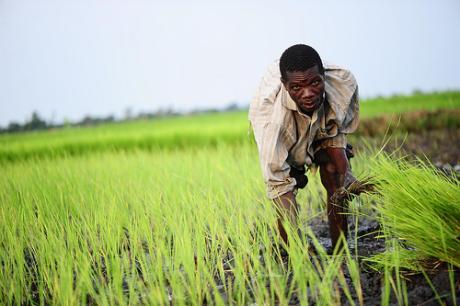Development goals not complete without climate resilience building

by Cecilia Schubert
Extreme weather doesn’t discriminate. It hits the poor the hardest, whether it is in the poorer areas of New York, or the small islands in the Pacific.
And it will keep hitting, again and again, with more intensity and frequency than the last time. In the end, we will all be affected and feel what a climate influx really mean, whether we are poor or rich.
This said World Bank Vice-President of Sustainable Development Rachel Kyte to the audience of the the Dublin Conference on Hunger, Nutrition and Climate Justice. She discussed both what she thought would create action on climate change, but also opportunities and challenges with the Post-2015 Development agenda.
Kyte believes that we can create a change, “by humbling people with the facts and evidence, and show how climate change will affect everyone".
It is also important to show how everything is interconnected, especially how food and climate change is related. We need to show people where food comes from, and how this source is affected by climate change, she continued.

The debate on what should replace the current Millennium Development Goals (MDGs), expiring in less than 1000 days, also took the front seat at this conference session.
Rachel Kyte noted that we can have one process, and one set of goals, but we can’t have only global ambitions. The globally set targets, for development, needs to be accompanied by national action, she said.
Read: Climate action in Kenya: New national plan launched
We need to prepare goals that take into consideration a changing climate. If we are serious about ending poverty and build prosperity for all “we need to address climate change.”
When we discuss what should replace the Millennium Development Goals (MDGs) after 2015, it is important, to build on what we learned from this experience, and not try to re-invent the wheel. This was discussed during one of the Conference Learning Circles, talking about what we could feed into the Post2015-agenda discussions.
Kyte expressed her belief in meeting in the middle, when tackling climate change and development issues. It is a combination of top-down and bottom-up approach, she explained. In addition, “everything we do now needs to involve building resilience".
Investing in resilience in local communities, is key, to help farmers and others survive a world of two degrees, and also on step on the way to stop a world from getting 3-4 degrees warmer, by coupling the activities with actions on mitigation.
Learn more about what can help create climate resilience for smallholder farmers:
Crop genetic diversity could enhance climate resilience in South Asia
Intercrop innovations to help build resilience in drylands tested
Cecilia Schubert is a Communications Assistant at CCAFS. The CCAFS team is reporting live from the Hunger, Nutrition, Climate Justice conference in Dublin from 15-16 April 2013. Watch live webcasts at www.eu2013.ie and follow updates on the CCAFS blog. Engage with us on twitter @cgiarclimate using #HNCJ.